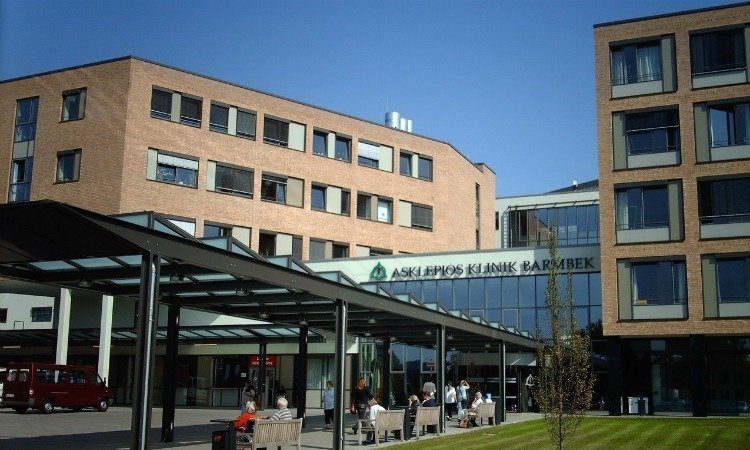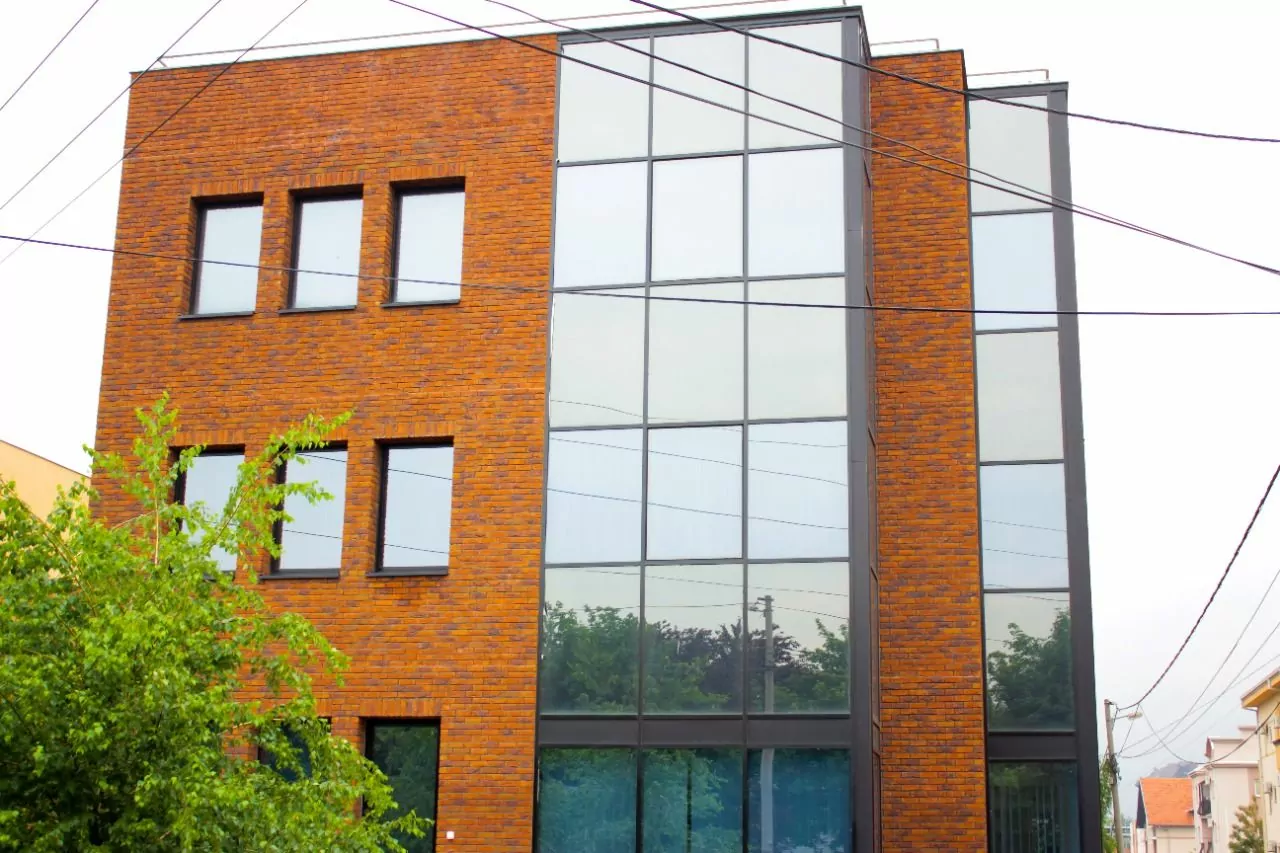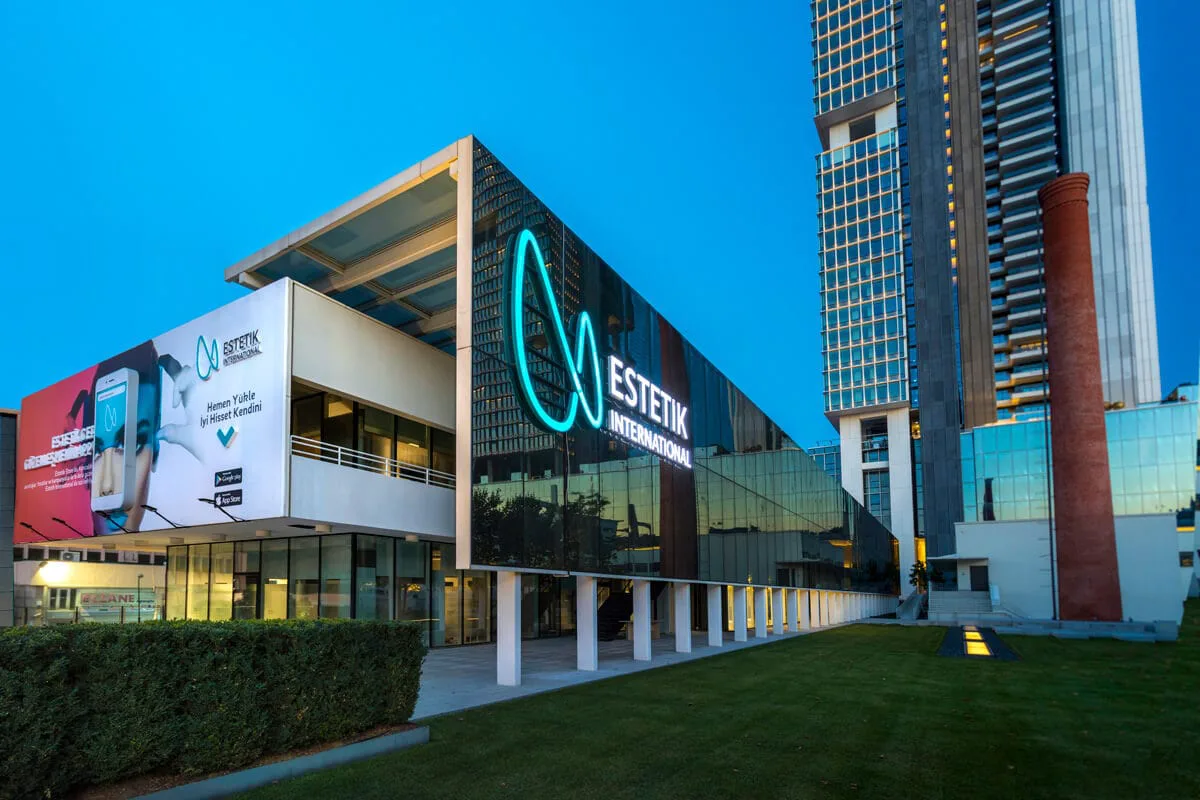When someone is told they have a rare cancer, everything can suddenly feel uncertain. Unlike common cancers, RLC cancer (Rare, Low-incidence, and Complex) doesn’t always follow the usual playbook. Each case is different, and many times, general oncology treatment options aren’t enough. That’s why finding the right help early makes a real difference.
What Makes Cancer Rare or Unusual?
A rare cancer is one that affects fewer than 6 out of every 100,000 people per year. These cancers can appear in odd places – salivary glands, thymus, bile ducts, or adrenal cortex. Some show up in young children, others in older adults. A few may even seem like common diseases at first, making them hard to spot. Types of unusual cancer include next-described.
- Merkel cell carcinoma (skin).
- Chordoma (spine/skull).
- Adrenocortical carcinoma (adrenal gland).
- Nasopharyngeal cancer (upper throat).
- Sarcomas (soft tissue or bone).
Why Rare Cancers Need Special Attention
RLC cancer often doesn’t respond well to basic care. These cases usually need clinics with expert tools, custom diagnostics, and doctors with experience in rare diseases. Many typical cancer centers might do the list below.
- Lack genomic-level analysis.
- Misread uncommon signs.
- Miss fast-moving symptoms.
Instead, look for centers with rare-cancer specialists who can demonstrate the following.
- Tailor therapy plans with precision tools.
- Access gene-based treatments.
- Enroll patients in early-phase studies or trials.
Leading Centers for Rare Cancer Treatment
Some of the top clinics that handle rare cases every day include next-mentioned.
- National Cancer Centre – Japan: Renowned for advanced care in low-incidence tumors.
- Charité Cancer Center – Germany: Known for multilingual tumor teams and second opinions.
- Gustave Roussy – France: Specializes in rare soft tissue cancers and complex care.
These institutions also help patients coordinate treatment across borders when needed.
How to Get Rare Cancer Care Faster
Finding the right place quickly can save time and stress. Here’s a simple step-by-step plan.
- Ask for a molecular re-test if diagnosis feels unclear.
- Submit records for a second opinion via a rare-cancer platform.
- Research clinics offering cross-border oncology treatment.
- Contact global trial centers running studies on RLC cancer.
Submit your request through our website, and we’ll match you with a highly qualified specialist tailored to your case. Thanks to our global network of leading oncology centers, you’ll have access to trusted care no matter where you are.
Shenzhen Genoimmune Medical Institute (GIMI)
The Shenzhen Geno-Immune Medical Institute (GIMI) stands at the forefront of gene and immune cell therapy, pioneering innovative solutions beyond FDA-approved CAR-T treatments. Led by renowned expert Prof. Lung-Ji Chang, inventor of the widely-adopted lentiviral vector system, GIMI has delivered effective treatments for over 1,000 cancer cases with cutting-edge 4th generation CAR-T technologies.
What is the rarest cancer type?
Fibrolamellar carcinoma, a liver cancer seen mostly in young adults, is among the rarest recorded.
Is rare cancer harder to treat?
Yes. It’s often harder to diagnose, has fewer clinical trials, and may resist general therapies.
What is the new treatment for rare cancer?
Many rare cancers are now treated using gene-directed drugs, targeted radiation, or immunotherapy trials.
Is 1 in 5 cancer rare?
Yes. Around 20% of all diagnosed cancers fall under the “rare” or “unusual cancer” category.










